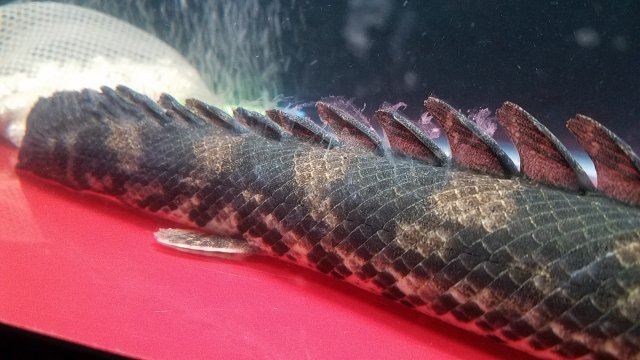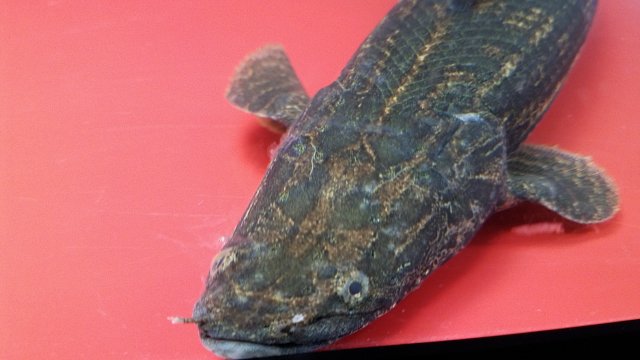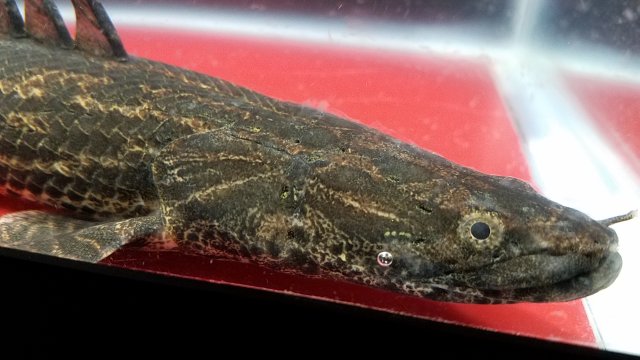New polypterus is shedding is slime coat like mad. Unfortunately my 40b sprung a leak and om qting her in a 20 gal. Shes probably 16 or so inches. At 1st i attributed it to stress and being in a small tank.
Treating with parasite gaurd as a normal precaution. Added some salt after i noticed the shedding. But seemed to get worse.
Any ideas ?




Treating with parasite gaurd as a normal precaution. Added some salt after i noticed the shedding. But seemed to get worse.
Any ideas ?






